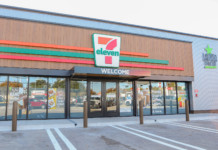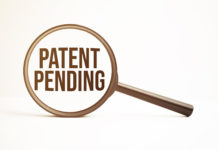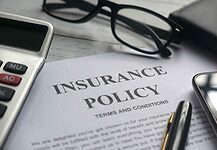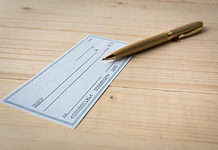Your small business’s losses and frustrations of accidents or theft could easily disrupt your business progress. Small business owners have challenges protecting, repairing, or replacing their assets after such incidents.
You’ll use more time to bounce back from the losses. Getting business hazard insurance helps you mitigate the risk and protect your business.
Business hazard insurance covers losses resulting from theft, power outage, vandalism, fire, or weather-related damages. Also, it is a requirement when applying for certain loans like the SBA loans. It guarantees loan recovery during tough economic times like the pandemic or losing your building or assets from the causes mentioned.
Get to know all about business hazard insurance.
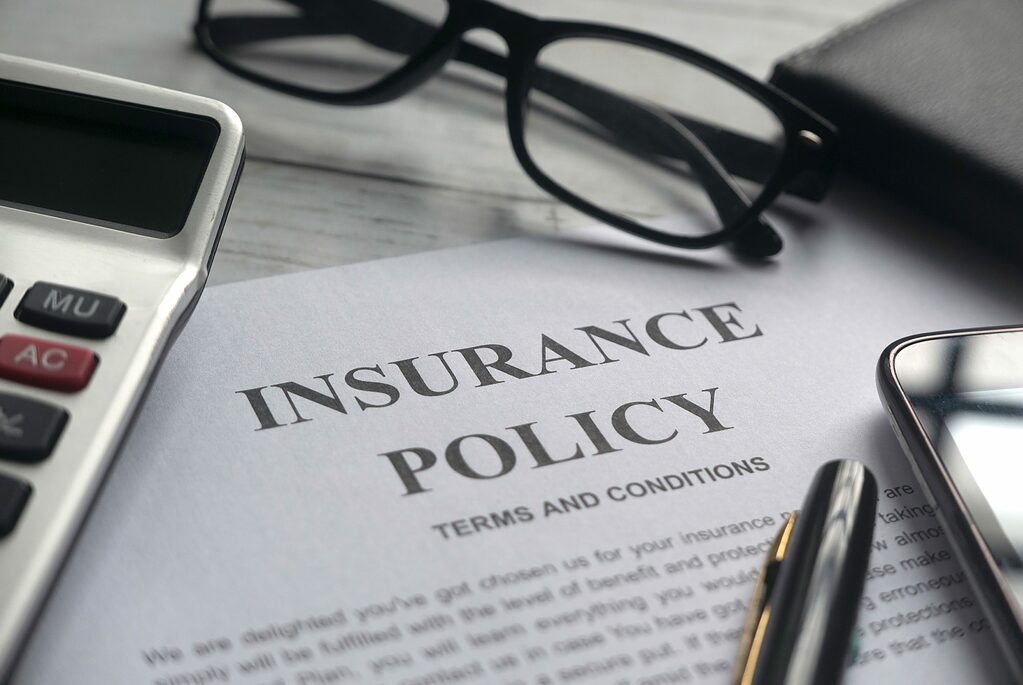
What Is Business Hazard Insurance for Small Business?
Approximately 40 -60% of small businesses close due to disasters or other damages. Business hazard insurance, also known as business property insurance, protects your business property and equipment from emergencies. It reduces the impact on the business after vandalism, rioting, floods, theft, or windstorms.
This insurance cushions you from the losses and lays a foundation for rebuilding. In addition, it covers the damages to the business by repairing or replacing equipment and other facilities as the business recovers from these accidents.
Most business insurances will replace or repair the damages to your property, accounts receivables, computer, machinery and equipment, furniture, and documents. Take note of the type of accidents that your insurance covers. It covers the damages caused by natural factors you had no control over.
Business insurance is a mandatory requirement when applying for loans like the SBA loan or Economic Injury Disaster loans from the government. In addition, some landlords or financial lenders will require your business hazard insurance to reduce their risks when offering you a business premise or finances for your use.
To keep your business insurance coverage active, you’ve got to keep up with the monthly premiums. These premiums calculations are according to the assets covered and your chosen insurance. So get to know what it covers and inquire about how it works as you look to protect yourself from accidents.
What Does Business Hazard Insurance Cover?
Business property insurance only covers the stated emergencies in the policy. The insurance won’t cover any damage caused by other causes.
You’ll have to work out the problem using your finances. These are the most common causes covered in business hazard insurance:
- Fire – insurers will replace equipment or documents burnt during a fire
- Floods – any damages due to floods
- Weather elements such as wind, rain, lightning, or snow
- Explosions
- Theft
- Vandalism
Contact your agent to adjust your policy if you wish to include other hazards in the policy. These modifications might add to your insurance cost but increase your protection from the incidents. Consider what your business is most prone to within your area for comprehensive protection.
How Much Does Hazard Insurance Cost?
The cost of your business hazard insurance depends on what the policy covers. More items on the list increase your insurance cost. Averagely, business hazard insurance costs $63 per month for a policy with a limit of $60,000. Check out these determining factors when purchasing your insurance:
Value of Your Property/Assets
The value of the assets covered within the policy affects your insurance cost. The insurer evaluates the cost of the assets and calculates your insurance limits and premiums. Therefore, updating your insurance coverage as your business grows for proper insurance records and costs is advisable.
Assets Covered
The types of assets covered also influences your insurance cost. If you intend for the insurance to cover more valuable assets or the entire building, you’ll have to commit more finances to the insurance.
Replacement/Actual Cash Value
The insurer can reimburse the cash value of the items before the damage or offer you a payout that adds to the replacement cost of the damaged items.
Different Types of Business Insurance
There are other business insurances that small businesses should consider supplementing to enhance business protection.
Business Owners Policy (BOP)
The BOP combines property and liability insurance. It protects your business from claims or damages caused by natural disasters. Instead, you get compensation for theft, property damage, or personal injuries.
Commercial Property Insurance
Commercial property insurance protects your building and other physical assets from fire, windstorms, floods, and other damages.
Workers Compensation Insurance
Workers’ compensation insurance protects workers from work-related illnesses and injuries. Most loans and contracts will require you to have this insurance as a minimum requirement. It covers and compensates for costs like medical treatments, loss of wages due to a work-related injury, and other therapies.
General Liability Insurance
General liability insurance is a common and standard insurance for all businesses. It covers any suits from property damage or physical injuries related to your operations.
Commercial Auto Insurance
If you have business vehicles, get commercial auto insurance for your cars. It helps you recover losses in case of an accident, theft, or damages during its operations.
Professional Liability Insurance
Professional liability insurance protects employees and professionals if they make a professional mistake. For example, if you have a mechanical garage shop and your mechanic misappropriated a fault in their diagnosis or repair. The employee gets protection from this insurance and will cover the fault’s correction costs.
Hazard Insurance and SBA Loans
Small Business Administration loans come in handy for many businesses to expand or stabilize their business better. Lenders claim hazard and liability compensation from insurance companies. In addition, it minimizes the lender’s risks when the company gets crippled by unforeseen damages.
Hazard insurance helps businesses to recover part or the whole company after damages from the covered incidences. It’s why SBA loans demand having hazard insurance as the minimum requirement for loan processing. Some may even request other insurance like professional and liability insurance to prevent getting any business loan defaulters.
Economic Injury Disaster Loans (EIDL)
The EIDL federal-sponsored loan came in to support small businesses amid the pandemic. Its primary purpose was to boost sales and keep it afloat as it strategized and adjusted to the changing markets. Getting an EIDL loan requires you to have business hazard insurance and other SBA loan requirements.
Does Your Business Need Hazard Insurance?
Sometimes business accidents cripple their operations because of the extensive damage and property loss. It’s essential to cushion yourself against such loss by getting business hazard insurance. You can’t predict their occurrence; hence having a plan or strategy helps you mitigate the consequences.
It gives you a way out and hopes during rebuilding. Additionally, it qualifies you for other benefits like getting SBA or EIDL loans. Finally, it allows you to upgrade or readjust your business plan without financial worries.
However, not all types of businesses qualify for business hazard insurance. For example, if you have a home office or base your operations within your home, the hazard insurance depends on the overall property and asset cost.
Some business owners use home insurance to cover their home offices after catastrophes. Sole proprietorships residing in home offices don’t need business hazard insurance. But home insurance has its limits; they can’t cover more than $2500 worth of assets.
Supplementing this home insurance to cover your business assets will help you comprehensively protect your home business. Look into separate policies you can get to help you cover your assets without worries.
Steps to Purchasing Hazard Insurance
Purchasing hazard insurance for your business is a wise move for your business. Follow these steps when purchasing your policy.
Analyze Your Business’s Needs
First, check and analyze your business assets, financials, and needs. Next, review your business position and weed out factors that may affect your growth and vision. This analysis helps you gain perspective when working out a hazard insurance plan. You’ll know which insurance coverage will benefit your business the most.
Contact Insurance Companies
Next, contact insurance companies or agents to know what they offer. Listen to the invites and pitches to check if they match your business needs and ambitions.
Get Multiple Quotes
Different agencies will offer their quotes based on their coverage. You can get some quotes online from their websites or visit their offices for further elaboration and analysis of the policy. Insist on the coverage terms before choosing a quote to know how much it’ll cost and if it fits your business needs.
Inquire about any limitations and extra payments you may have when paying for the insurance. For example, ask about their payouts or damage costs. It helps you understand their work culture and if it suits your business.
Review Coverage
Businesses grow, and you must keep in touch with your insurer to re-evaluate and update your insurance. Failure to do so might cost you. The insurer won’t account for items not owned before the insurance purchase. You’ll have to foot your damage repair bills.
Final Thoughts
The best way to protect your company, whether a home-based business or not, is to get business hazard insurance. It helps you rest easy knowing that you can rebuild if an unfortunate event happens. So contact us for guidance with any business hazard insurance advice needed.




